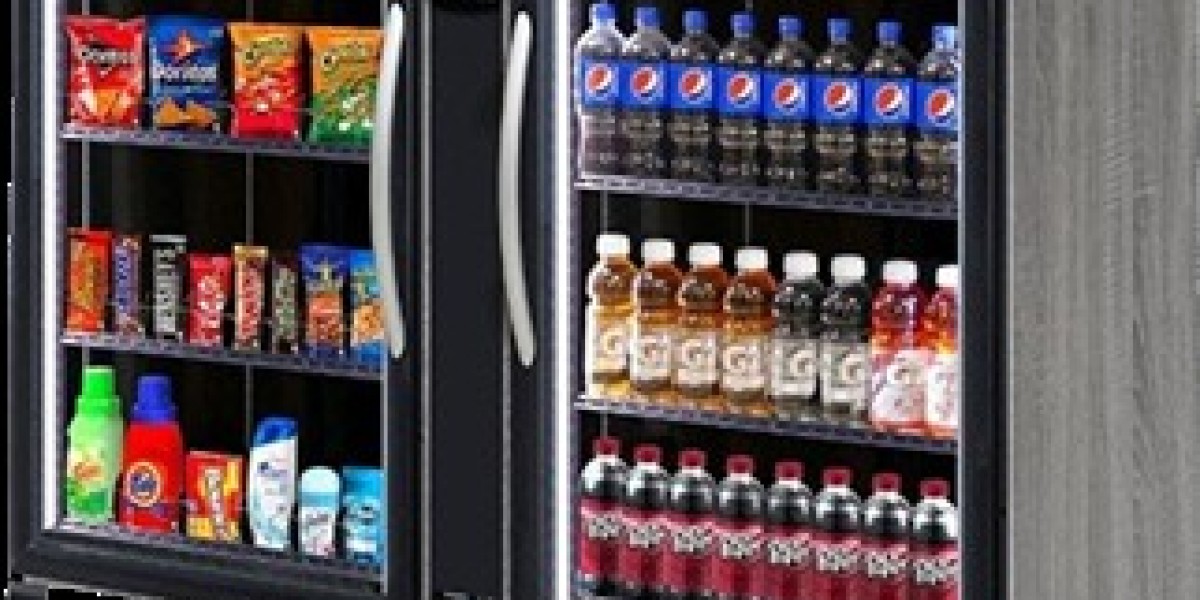The landscape of vending machine sales is evolving rapidly, fueled by technological advances and shifting consumer habits. As society embraces automation and convenience, vending machines have transcended their traditional role to become sophisticated retail outlets that meet diverse consumer needs. This article explores the current state of vending machine sales, critical factors driving growth, and future opportunities.
Changing Consumer Behavior and Its Impact on Vending Machine Sales
Consumer preferences have shifted toward quicker, hassle-free purchase experiences. The rise of on-the-go lifestyles has created demand for instant access to products, positioning vending machines as an ideal solution. This behavioral shift is a key reason behind the surge in vending machine sales globally.
Additionally, the acceptance of digital payment methods has made vending machines more user-friendly and accessible. Cashless payments, smartphone integration, and even facial recognition technology in some regions have modernized vending experiences, directly impacting vending machine sales by attracting a wider user base.
Technology Innovations Driving Vending Machine Sales
Technological innovation is at the heart of the expanding vending machine sales market. The introduction of smart vending machines equipped with interactive displays and AI capabilities allows operators to optimize product offerings and monitor stock levels in real-time. These features reduce downtime and improve customer satisfaction.
Furthermore, the rise of eco-friendly machines that utilize energy-efficient components and recyclable materials aligns with increasing consumer awareness about sustainability. Machines that can track and reduce energy consumption are gaining traction, contributing positively to vending machine sales.
Diversification of Product Offerings
One major trend influencing vending machine sales is the diversification of products available. Beyond traditional snacks and beverages, vending machines now dispense gourmet coffee, fresh salads, frozen meals, personal care items, and even electronics accessories.
This product variety appeals to different demographic groups, including health-conscious consumers and professionals seeking quick meal solutions. The ability to cater to niche markets boosts vending machine sales by expanding potential clientele and increasing transaction frequency.
Strategic Location and Market Penetration
Location is critical to the success of vending machine sales. High-traffic areas such as transit hubs, educational institutions, and business parks generate consistent demand. Businesses focusing on strategic placement are witnessing higher sales volumes and customer retention.
Expanding into new geographical regions, especially urban centers in developing countries, represents a lucrative opportunity. Rising disposable incomes and improving infrastructure create fertile ground for growth in vending machine sales in these markets.
Overcoming Challenges in Vending Machine Sales
Despite promising growth, the vending machine industry encounters challenges such as machine theft, vandalism, and regulatory compliance. Ensuring machines are secure and meet local standards requires investment but is crucial for maintaining profitability in vending machine sales.
Customer engagement is another hurdle. Providing fresh, quality products and maintaining machine functionality directly influences sales. Operators are adopting data analytics to understand consumer preferences and optimize their inventory accordingly.
The Road Ahead for Vending Machine Sales
Looking forward, the future of vending machine sales will be shaped by continuous integration of smart technology and expanding product ecosystems. The adoption of AI-driven recommendations, cashless and biometric payment options, and environmentally sustainable machines will drive growth.
Additionally, collaboration with brands to offer exclusive products via vending machines is an emerging trend that can boost vending machine sales by attracting loyal customers and generating buzz.
Conclusion
The vending machine sales industry is set for robust expansion as technological innovation, changing consumer habits, and product diversification reshape the market. Businesses that strategically invest in technology and location, while focusing on customer experience, will thrive in this competitive landscape. Understanding these key factors is essential to unlocking the full potential of vending machine sales in the modern economy.






